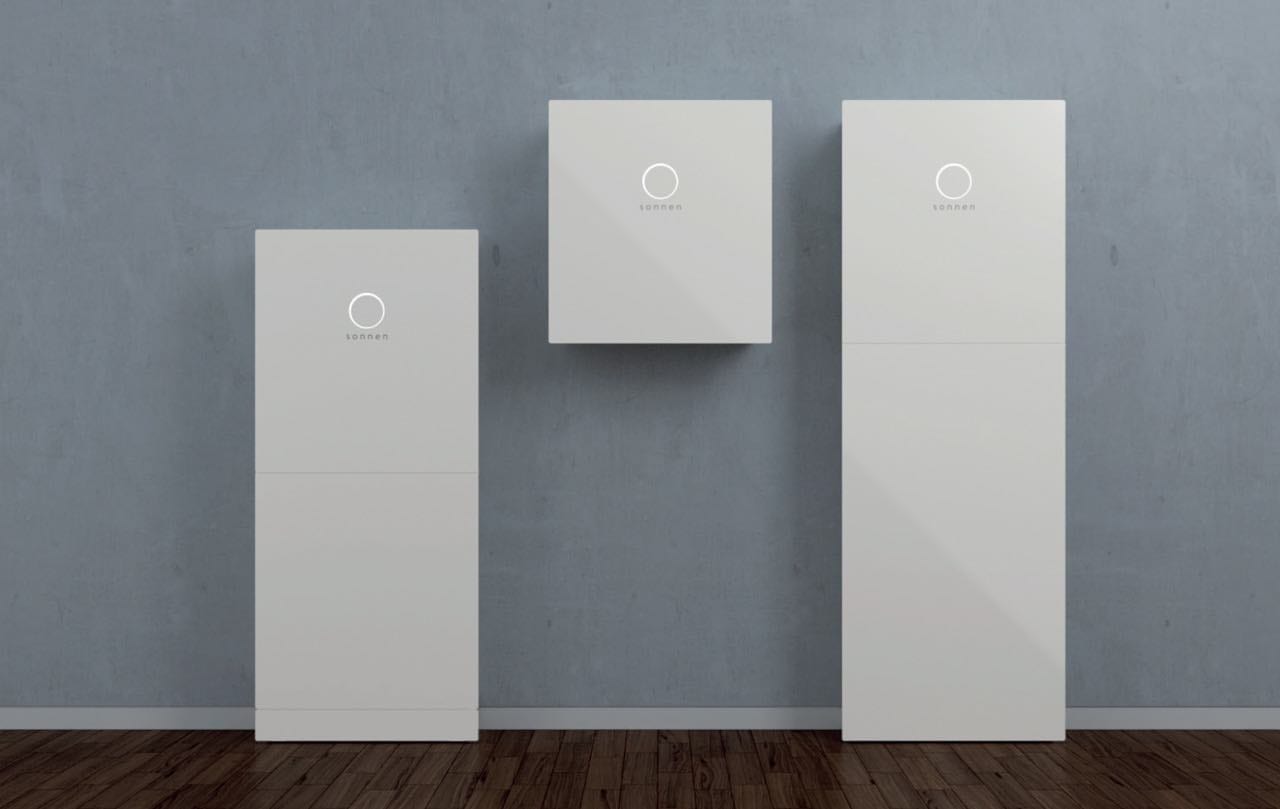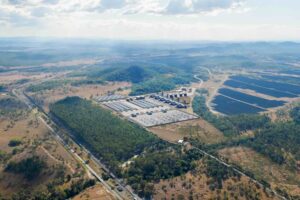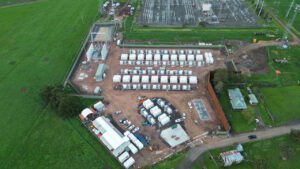German battery storage giant Sonnen has announced plans to manufacture up to 10,000 battery storage units a year at the old Holden car manufacturing site in Adelaide, confirming that there is a future for manufacturing in a state with high renewables.
The announcement by Sonnen came just a day after the South Australia Liberal government unveiled the details of its $100 million Home Battery Scheme, a subsidy of up to $6,000 per household that will be supported by a further $100 million in finance from the Clean Energy Finance Corporation.
Sonnen founder and CEO Christoph Ostermann told RenewEconomy in an interview on Sunday that the production facility should be up and running with two months, given the preparations that have been made since Sonnen first proposed an Adelaide manufacturing base earlier this year with the previous Labor government.
That proposal had been in doubt, and subject to intense negotiations after the new Liberal government won power in March, and amid uncertainty of how it would proceed.
But its newly detailed subsidy scheme, designed to support 40,000 households with direct grants, plus the CEFC financing component, and the preference for locally built batteries, means the key drivers for the manufacturing facility remain in place.
Ostermann says Australia is now the most attractive market for battery storage in the world – even more than his home market of Germany – because of its high retail prices for electricity, it’s excellent weather, and the high uptake of rooftop solar.
Nearly 2 million homes have installed more than 7GW of rooftop solar in Australia, including 230,000 homes and businesses in South Australia, with more than 800MW installed in that state.
Storage is considered critical in Australia, and other countries with growing shares of wind and solar, but is particularly acute in South Australia, where within a few years the amount of electricity produced by rooftop solar will be more than total state demand at certain times.
Ostermann says 50,000 batteries manufactured over five years in South Australia would – depending on the size of battery installed – create a “virtual power plant” of between 150MW and 250MW. Sonnen batteries come in three sized – 5WH, 10kWh and 15kWh.
This, he said, was the equivalent of a gas fired generator but could do so more because of its speed and versatility, and because it could offer crucial grid services as well, as storing electricity for use in the evening and at times of peak demand. He said the world is moving towards a more decentralised grid, and Australian network owners and operators understand that.
The South Australia government described the news as a “major coup” for South Australia, and said the transition from assembling batteries to manufacturing batteries would create around 430 manufacturing and installation jobs in the state.
The former GM Holden site at Elizabeth will become Sonnen’s central shipping facility for Australia and the Asia and South Pacific region.
“We have been working with Sonnen for many months and this investment is a huge vote of confidence in South Australia,” said minister for trade and tourism and investment, David Ridgeway.
“Manufacturing has been a key foundation of South Australia’s economy for decades and this is set to continue on the back of leading companies like Sonnen establishing an advanced manufacturing presence in our state.”
South Australia is now well past a 50 per cent share of wind and solar in its electricity mix, and is headed to more than 70 per cent by 2020, and possibly 100 per cent (in production equivalent) by 2025, according to forecasts by the Australian Energy Market Operator.
This is underpinned by projects now under construction, and by plans by UK billionaire to spend more than $1 billion building 1GW of large scale solar and storage to power his newly bought Whyalla steelworks and other major manufacturers in the state,
“The Marshall Government’s $100 million home battery storage scheme, the CEFC’s $100 million MOU and today’s announcement confirms that South Australia is a world leader in the utilisation of solar technology,” the minister for Energy and Mining Dan van Holst Pellekaan said in a statement.
Both parties said that the rollout of Sonnen’s battery system, combined with rooftop solar, is also expected to provide significant savings to household electricity bills.
“As the sonnenBatterie can charge and discharge up to three times a day, it is ideal, once battery numbers reach a certain level, to form a ‘virtual power plant’ capable of supplying energy to the grid on days of high demand,” Ostermann said.
He noted Sonnen already runs a ‘virtual power plant’ in Germany, where they connect thousands of households with a PV (photovoltaic) system and a storage system to form the decentralized sonnenCommunity.
Sonnen will also launch a sales and technical training facility in Adelaide dedicated to increasing skills in this new technology. sonnen expects to establish a training accreditation program to be run with TAFE SA to fulfil skilled workforce requirements locally.
Ostermann said participants in the government scheme will be able to choose to buy the Sonnen storage system outright or pay for a battery and solar system over time with no upfront payment.
Combined with sonnenFlat – sonnen eServices’ retail energy offering – customers can pay a low monthly fee, covering the complete power system and all their energy needs with guaranteed savings on their current energy bill. The flat rates last for the whole 20 year design life of the sonnenBatterie.








